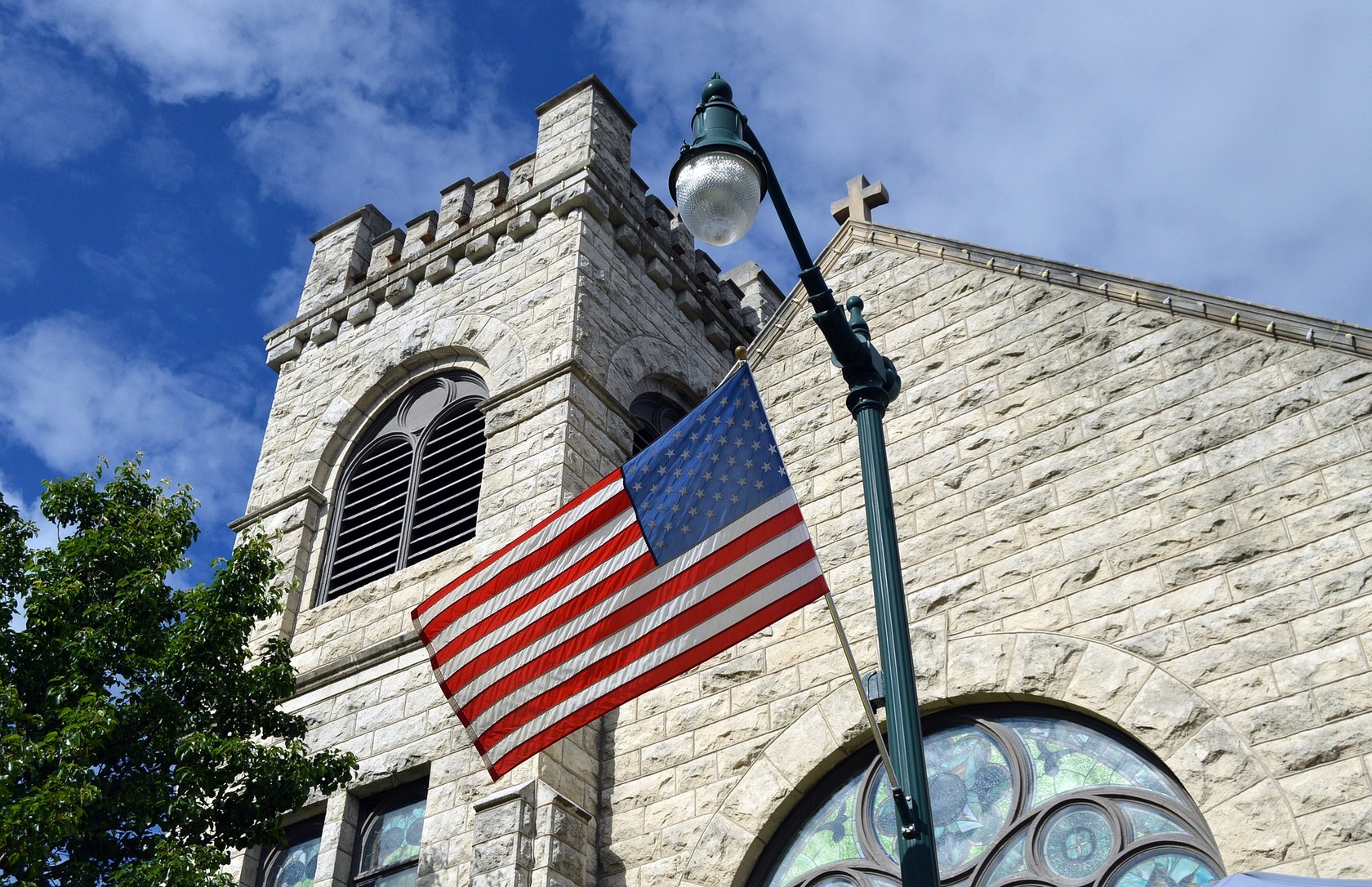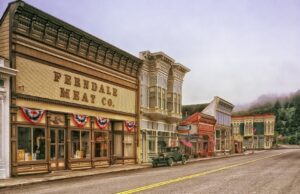When the Jacksonville Jaguars National Football League team played its first game in London in 2013, businessmen from its hometown of Jacksonville, Florida, had a great idea. And that idea had nothing to do with sports.
Members of the JAXUSA business hub, whose activity was then limited to the northeast corner of the state, traveled with the soccer team across the Atlantic in hopes of building lasting relationships with entrepreneurs from Great Britain. The trip paid off: a number of British and Irish companies opened offices in Jacksonville and now, along with other foreign firms, support thousands of jobs in the city. Foreign matches became regular, and the development of international sports ties was followed by investments.
With the help of economic development organizations, many other American cities are attracting international business and investment, regardless of population or level of economic development. These include relatively small, though fast-growing, cities like Dayton, Ohio, and megacities like Phoenix, Arizona.
Foreign investment in the U.S. manufacturing sector has doubled over the past decade. Foreign-invested businesses provide about 2.5 million jobs
It’s a win-win relationship. “To be a global firm, you have to have a presence in the United States,” says Steve Miller, who is in charge of the U.S. Department of Commerce’s SelectUSA program. The program was initiated to help investors explore the U.S. market.
U.S. Foreign Trade Service employees work in 70 diplomatic missions around the world. They work with counterparts inside the United States to connect foreign companies with economic development organizations in U.S. cities and regions. They strive to find the most appropriate options. In London, for example, JAXUSA and SelectUSA have established contacts with businesses interested in advanced industrial technology. Northeast Florida is known for just such technology.
Overseas affiliates have benefited from small markets that are far from big investors. “Mid-sized and small cities have many advantages. They include convenient transportation, a high quality of life, and the presence of cultural centers and universities,” says Anthony Williams. – Most of these cities have a highly skilled workforce.”
American cities are investing in their workers. With the help of mixed public-private organizations, cities like Oklahoma City have developed comprehensive training programs. They involve community colleges and local companies.
For foreign firms with relatively small capital, there are various options available in the U.S. Business incubators allow them to open temporary offices. For example, the Automation Alley business incubator in Troy, Michigan, invites potential investors to learn about the local technology and industrial sector for up to 90 days. This arrangement gives foreigners the opportunity to gather all the information they need.
“The United States is a big country, and it’s not easy for investors to choose where to open a business,” notes Steve Miller. – We can’t tell them exactly where to go, but we can give them comprehensive advice and counseling.”


